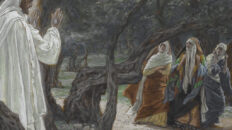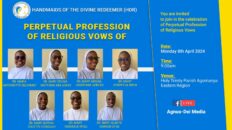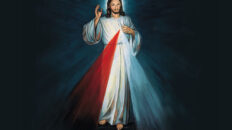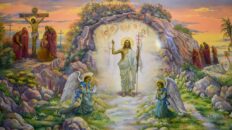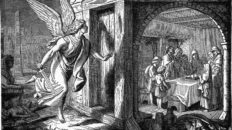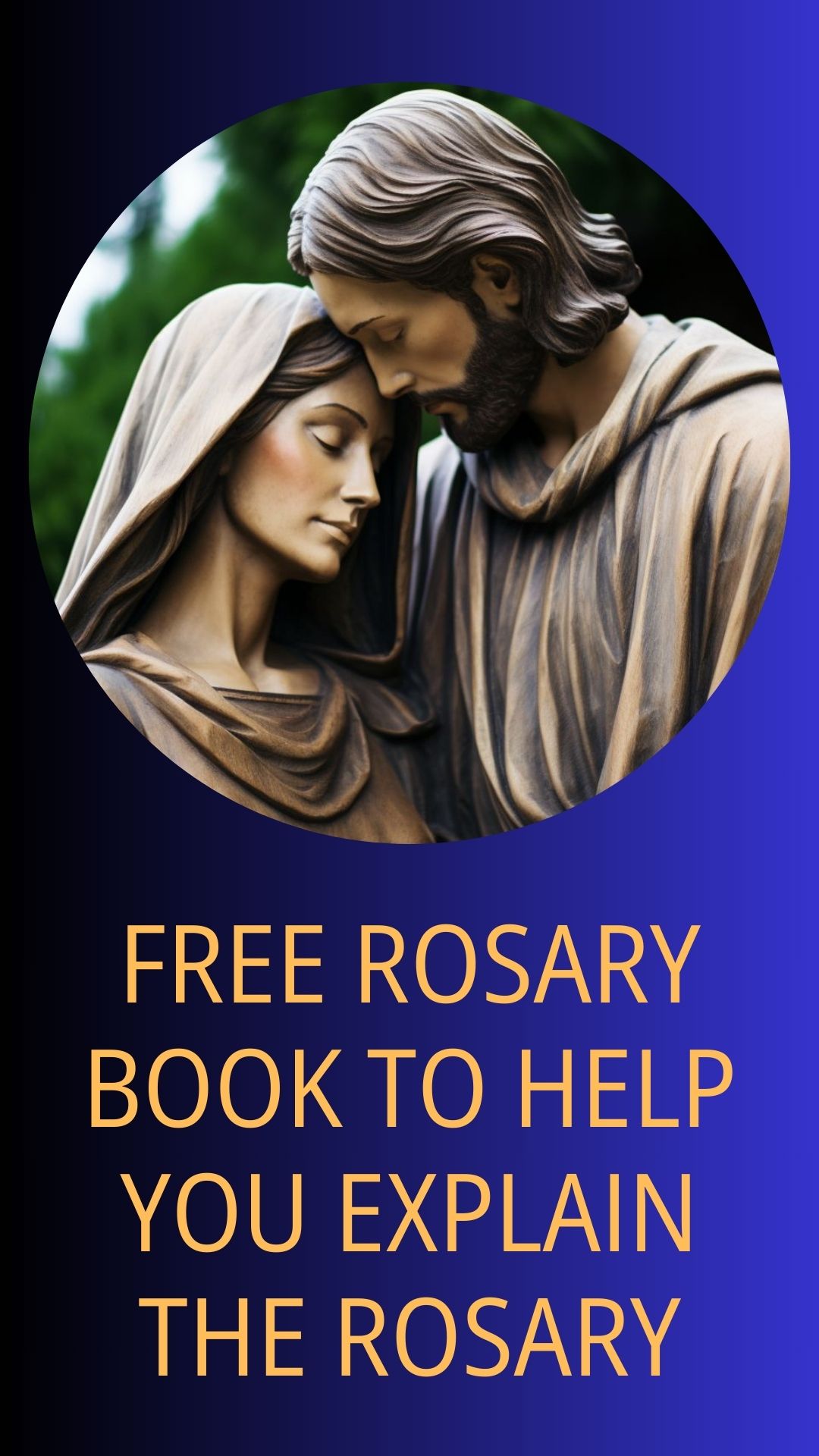THEME: THE BIGGER THE SACRIFICE, THE GREATER THE MIRACLE
READINGS: Genesis 15:5-12, 17-18/ Philippians 3:17-4:1/ Luke 9:28-36
2nd Sunday of Lent
Beloved you might be familiar with the business maxim that “the bigger the risk, the higher the returns”. Similarly, it could be said that “the bigger the sacrifice, the greater the miracle”, whereby a sacrifice is likened to a business risk and an investment return to a miracle. That sometimes God’s blessings abound for those who make sacrifices pleasing unto Him is a message that could be discerned from the readings of this Sunday of Lent.
(a) Blessings following the sacrifices of Abraham:
Abram (Abraham) took the risk of leaving his fatherland and his place of comfort, and God blessed him with the Promised Land. Again, with faith in God, Abraham took the risk of waiting for 25 years; and he was blessed with a miracle: a son, Isaac, given birth to by the centenarian’s ninety-year old wife, Sarah. Then, to be blessed with the greater miracle of becoming the father of many nations, Abraham had to take the greater risk of sacrificing Isaac, his beloved son. As a result, he has become the “father in faith” to Jews and non-Jews alike.
(b) Blessings following the sacrifices of Some Disciples:
Similarly, underlying today’s gospel reading of the transfiguration is the message that “the bigger the sacrifice, the greater the miracle.” To appreciate this, we should consider some of the sacrifice-and-blessing experiences which the disciples had prior to the transfiguration. For instance, in the early days of Jesus’ public ministry, he asked Peter and his colleagues at the Sea of Galilee to make a sacrifice. That is, they were to offer their boat as a “pulpit” to Jesus. Remember that this was on a bad fishing expedition day. This notwithstanding, they neither ignored nor were angry with Jesus. Rather, they made the sacrifice, and in the end they enjoyed the miracle of probably the biggest fish catch of their fishing career! What made the miracle more amazing was the fact that it happened during the day time and not when it was dark as required for fishing!
Jesus soon asked for another sacrifice: Peter and his colleagues were to leave the source of their livelihood and become fishers of men and women. Because they made this bigger sacrifice, they witnessed greater miracles as they followed Jesus, e.g., the multiplication of loaves, sights given to the blind, lame made to walk, the dead raised to life, among others. The greatest miracle, however, was yet to happen!
(c) Greatest Sacrifice preceded the greatest miracle:
The greatest miracle entailed the resurrection of Jesus, the transfiguration of our deaths, with Peter and his colleagues becoming “princes” in heaven, and all of us becoming citizens of heaven! This required the greatest sacrifice! And only one person could fittingly offer that sacrifice: Jesus, the Son of God. He had to die for our sins. Thus, about a week before the transfiguration, when Peter had identified Jesus as the Christ, the Son of the Living God, the disciples were told by the Lord of His impending suffering, death and resurrection. The disciples, especially Peter, could not digest this message. Consequently, to enable the disciples to “absorb” the message of Christ’s sacrificial death, He made the core leadership of Peter, James and John taste the surpassing glory that would follow His crucifixion. In other words, on the mount of transfiguration Christ made the three apostles taste, for a short while though, the glorious miracle which follows the greatest sacrifice!
Conclusion:
Beloved, because of the greatest sacrifice of Jesus, you and I have access to the greatest miracle: our death shall be transfigured, not for a while, but for eternity; not on an earthly mountain, but in the glorious heaven itself! Let us, therefore, prepare to celebrate this Easter with a special sense of gratitude to Jesus, and to his Father (who has lovingly offered his Son), and to the Holy Spirit (who gives us the faith to absorb these mysteries)! Amen!
By Very Rev. Fr. John K. Louis


